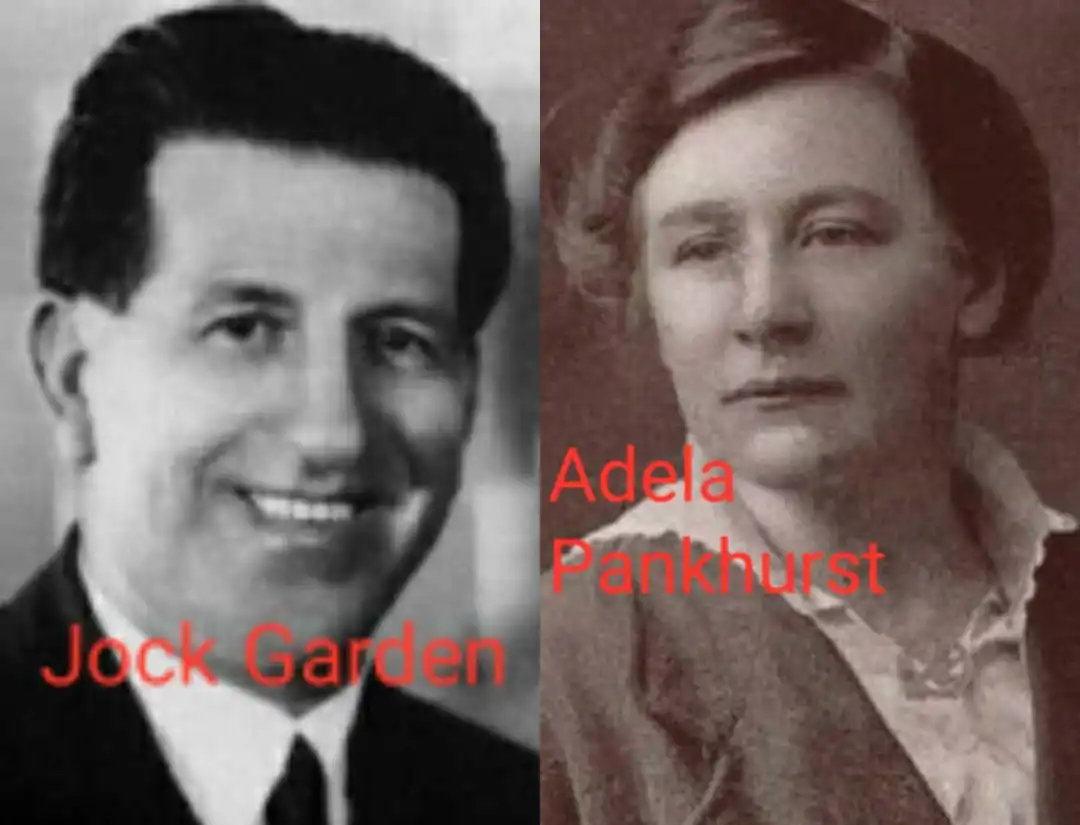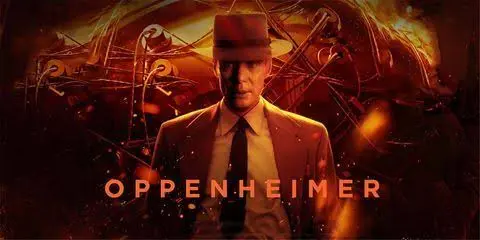“Past the square, past the bridge,
Past the mills, past the stacks
On a gathering storm comes
A tall handsome man
In a dusty black coat with
A red right hand”
-From the Intro of season one, “Red Right Hand” Nick Cave and the Bad Seeds
Black coats, guns, fierce expression and a lot of muted, grayish colors underline the mood and timbre of this series. Romanticizing the harsh conditions of living, and somewhat implausible plots is the common opinion that many critiques share. This in mind, we can still focus on the benefits of the series.
The first decades of the 20th century was characterized by mostly criminal street gangs from Birmingham to Belfast, from London to Dublin. The main character Thomas Shelby, portrayed by talented Cillian Murphy, fights his and his family’s way forward using mostly illegal or at least semi-legal methods. Together with his three brothers Arthur, John and Finn, his Sister Ada Shelby, later Thorne, and aunt Polly Gray, they become the most feared, but also most respected local street gang of Birmingham called “The Peaky Blinders“. Their business starts from blackmailing, contract killing and (illegal) horse racing and develops- or rather increases- to legal horse racing, stock trading, secret intelligence missions and politics.
Starting in 1919, Thomas, who served at the world war frontline, and his mates are severely traumatized. The War acts as a red line during the whole series. In every Season, the Shelbys face a new obstacle caused by the then current social, political and economical developments. As a matter of fact, the producers never get bored of incorporating communist characters, though they do not really differentiate between trade unionists and British communists, as they are always portrayed as social romantics. In the third season, the Soviet embassy plays a relevant role. Notably, the Soviets certainly get more sympathy than the Russian Oligarchy, whose representatives are portrayed as ruthless, decadent and incredibly mad.
As it would be too much to reflect on the content and implementation of every season and every plot line, we shall point out what makes the series utterly unique and outstanding- and what are the weaknesses.
Unpredictably genius
The author of this text appears to dislike the main character, Thomas Shelby. Every time he finally chooses the right side in an act of selflessness, it ends in some kind of betrayal. He does not make his decisions because of bad will. He originates from a lower class family, and he protects his class interest, which is not the conservative aristocracy, but the petty bourgeoisie. He himself is a petty capitalist. In the very first season, he uses personal information about his old friend, the communist Freddie Thorne, which is passed on to the local deputies. In the latter seasons, he is reporting communist activities to the secret service with the help of his sister Ada, previously married to Freddie Thorne. Communists certainly do not play the role of villains, they rather are the victims of “the big players“, which of course undermines their power.
Even in the fifth season, it is hard to tell whether Tom Shelby serves the interests of his family or if he manipulates them in order to follow his own goals. The only person to whom he seems to be willing to sacrifice is his first wife, Grace.

The beast inside
Thomas’ closest and most faithful companion is his older brother, Arthur Shelby, who experiences greater character development over the seasons. Always in the shadow of his smart, young brother, and disappointed by his charlatan father, Arthur develops difficulties in controlling his temper- which leads to several homicides. After trying to numb his pain with parties, sex and drugs, in season three we eventually met an Arthur who wants to become a better person. Or at least, that is what he thinks he wants. His religious and ambitious wife Linda was able to make a faithful and caring father of him. It is not long before this facade evinces its first flaws, culminating in a brutal killing of an innocent priest. The struggle with his inner Mr. Hyde follows Arthur as well as the audience through the whole series with mixed feelings of rage and pity.

The only supervisor
As already described, Thomas Shelby does have some issues with his ego. This costs him in almost every season the trust of his relatives. As he is on the other hand quite protective of his family and close acquaintances, he sometimes has to listen to his incredibly perceptive aunt, Polly Gray. She is a wise family member from the beginning of season one, and also experiences abuse and humiliation by a reactionary and perverted official. Her character undergoes an incredible journey through psychic burden and disease, hopelessness and finally recovery. In the second season we are introduced to her son Michael, who was wrongly taken from her. (This being said, we want to express our grief for the early death by cancer of Helen McCrory, which most of us know in her role of Narcissa Malfoy from the Harry Potter movies.)
Certainly, the series “Peaky Blinders“ is full of interesting and extraordinary characters, including women. We have the mysterious Grace Burgess, Tommy Shelby’s first wife and spy of the crown, stubborn Esme Shelby, who married John and is a leading female character. In season 4, there is the trade unionist Jessie Eden, who is particularly interesting, as there existed a Jessie Eden in real life in Birmingham. Born in 1902, she was a trade unionist and communist activist who successfully led several strikes, including the Birmingham rent strike in 1939 and a strike of 10.000 factory worker women in 1939.
Unfortunately there are characters which apparently do not develop as expected. Ada Shelby, later Thorne, started brilliantly in the earlier seasons but stagnated later. Her only purpose remains to stay in contact with communists and deliver information to Tommy. Still there are many more characters that fill the series and depending on sympathies, one might find them interesting.
From the very beginning of the series, the gypsy influence that the Shelbys inherit play a significant role. From enchanted race horses to cursed necklaces, Tommy always had close ties to Johnny Dogs and the gypsy Lee family. To bond even closer, Tommy’s younger brother John was forced to marry Esme from the Lee family. The implied witchcraft conveys an impression of superiority, but as the second world war approaches, it begins to lose its power. Another historical parallel is the rise of fascists in Great Britain, where especially the militant protestants, i.e. the Billy Boys, in Scotland were organized into the British Fascist Union. These villains embody a more brutish opponent for Tommy Shelby and his companions than the quirky Jewish gang leader, Alfie Solomons in London.
In summary, the “Peaky Blinders” combines exceptional characters with accurate historical background. Though it should be mentioned that even the street gang itself truly existed, but in the early 1890s to early 1910. So the foundation of the Shelbys after the first world war is fictional. Nevertheless, most of the show displays the circumstances of a realistic, unromantic life. Even without the historical parallels, the story and characters are captivating and compelling. Although the author of this review recommends the series, the biggest remaining question is: why did they never mention the capitalists of the BSA gun factory in Birmingham since the workers were on strike several times?






